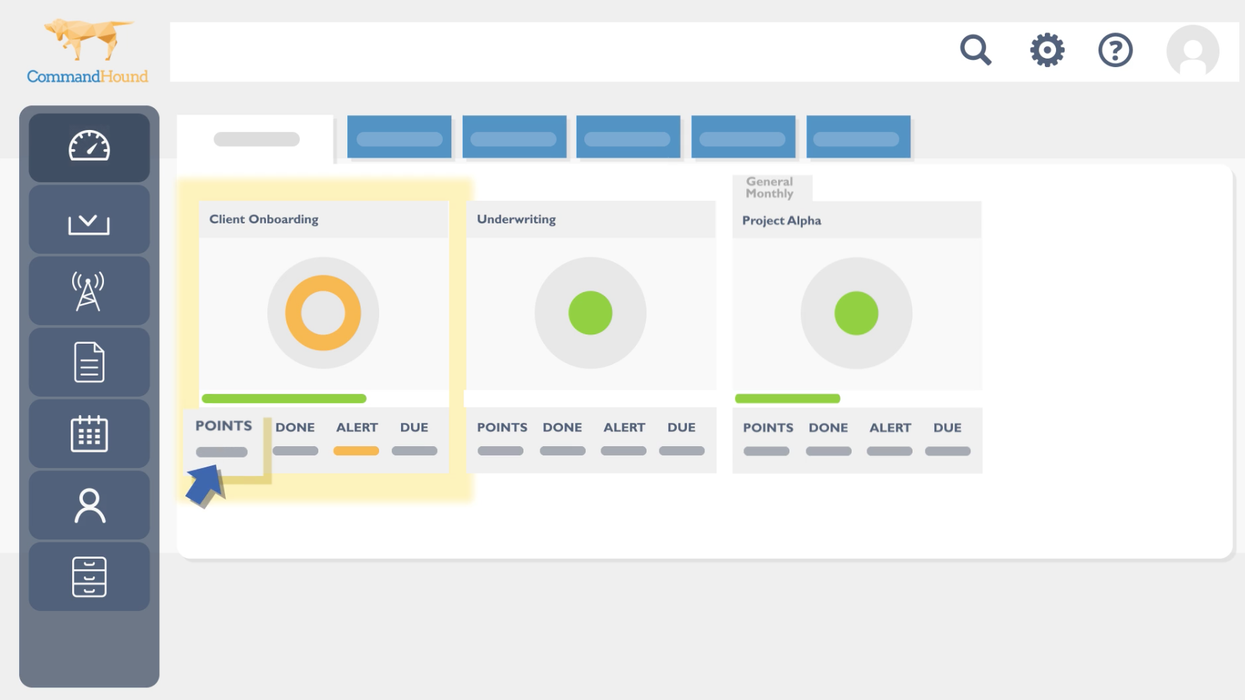Overheard: 9 powerful quotes from TED-style talks by Houston entrepreneurs
Eavesdropping in Houston
Moving the needle on something — whether it's changing the world or growing your business — hearing how others accomplished their own goals can be a beacon of hope and guidance for others.
The local Entrepreneurs' Organization chapter, EO Houston, hosted a series of seven TED Talk-style talks by members of the organization. These seven entrepreneurs discussed everything from being an introvert in a world of extroverts to the biggest security threat to American citizens: obesity. EO Talks took place at a breakfast event on April 25 at Houston Baptist University. If you missed the event, check out these overheard quotes from the day of discussions.
“When you get people involved in your organization, your job (as CEO) is alignment. Keep your team aligned with the strategic objectives of your company.”
— Paul Sarvadi, chairman, CEO and co-founder of Insperity, in his talk, "Take Care of Your People: An Entrepreneur's Journey." Connectivity is key, says Sarvadi.
“Taking care of your people is not rocket science. In fact, rocket science would be easier. It involves math and science — it works the same every day. But as soon as you put people in the mix, what worked yesterday might not work today.”
— Sarvadi continued in his talk about the importance of human resources in the the work place.
“What if everyone in the world knew what they stood for — imagine what that world would look like. We would know how we fit. We would be the best versions of ourselves. And, the world would be the best version of itself.”
— Winnie Hart, founder of TwinEngine in her talk, "What Do You Stand For?" Hart discussed finding one's identity and motivators — both in business and in life.
“Everywhere we look introverts are living in an extroverted world. It’s natural if you’re an introvert, like me, to feel a little insecure or that you feel the need to compete with your extraverted friends.”
— Darlene Gagnon, CEO and co-founder of Kinnect Global Management Services in her talk, "The Introverted Entrepreneur Competing in an Extroverted World." Gagnon says that introverts on track to be the most successful entrepreneurs with their execution skills, detail oriented nature, and ability to tune out the noise.
“It is the men in our lives that need to take action. Gentlemen, stand with us. Help us create a better presence so that we can sustain a future.”
— Shoshi Kaganovsky, CEO and founder of SensoLeak Global, in her talk, "Women Entrepreneurs—To Be..Or..To Be The Best." Kaganovsky compared how people say, "behind every great man is a woman," to how female leaders also need the support from the other gender.
“Entrepreneurship is an endless circle of reinventing yourself, being able to change, and keeping a positive attitude while doing so.”
— Kaganovsky continued in her talk as advice to the room of entrepreneurs.
“We can escape this crushing threat we call obesity. How are you going to make your escape?”
— Dr. Joe Galati, liver disease expert, radio host and author in his talk, "America's #1 National Security Threat." Galati argued that it's not Russia or North Korea that pose a major threat to the United States — it's our own health issues caused by obesity.
“We’ve all heard of the term ‘side hustle.' Maybe my dad invented the ‘side hustle.’”
— Chris Hotze, CEO and founder of Crescere Capital, in his talk, "Understanding the Power of Recurring Revenue." Hotze tells the story of how his father created a residential real estate side business out of necessity, and how that entrepreneurialism affected his own business career.
“As entrepreneurs, as long as we see control, we visualize an opportunity far greater than we see the risk.”
— Ali Nasser, CEO of AltruVista in his talk, "The Entrepreneur's Opportunity Cost," Nasser explains how entrepreneurs are hesitant to put money in the stock market, yet dive into ownership and risks for their own businesses.










